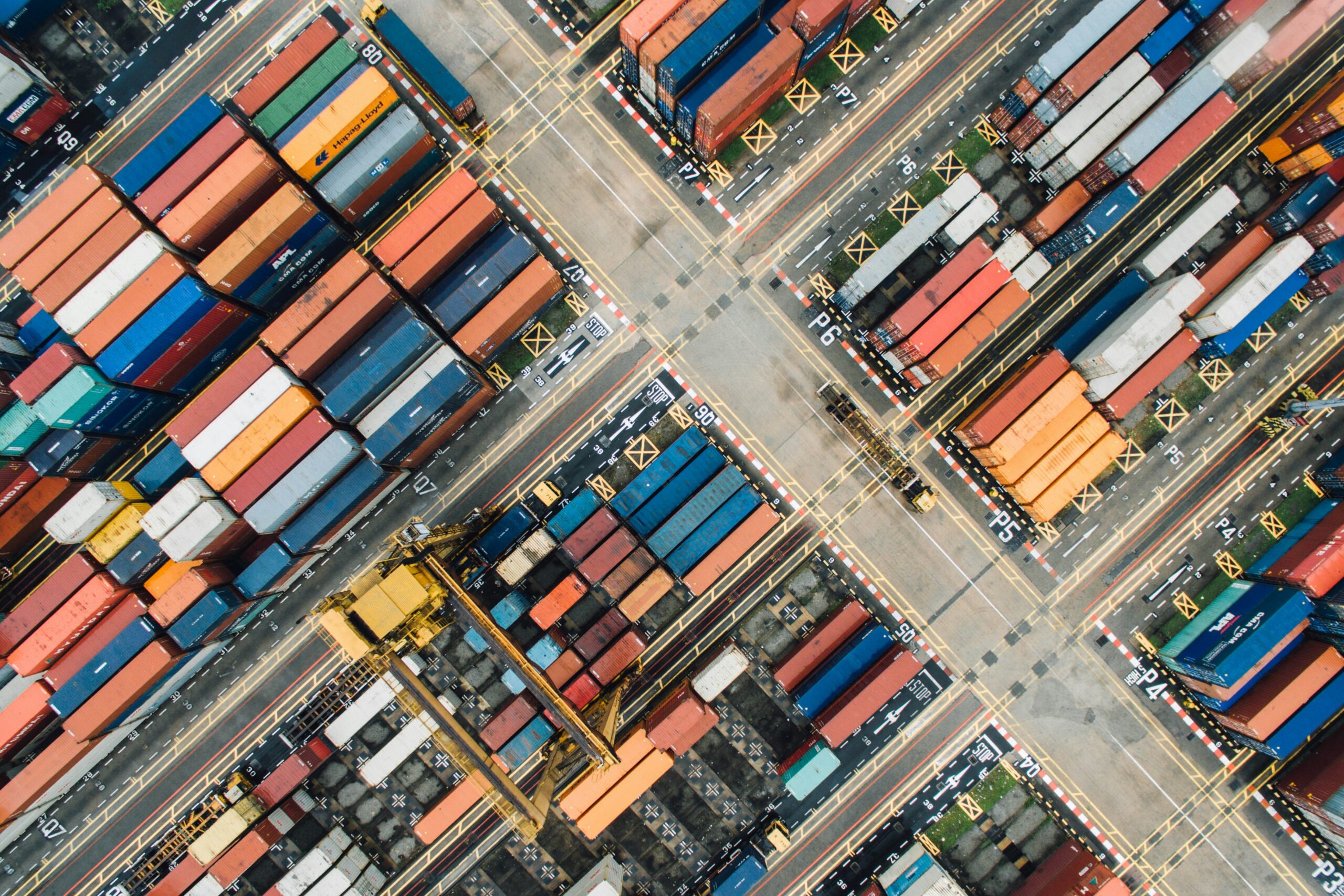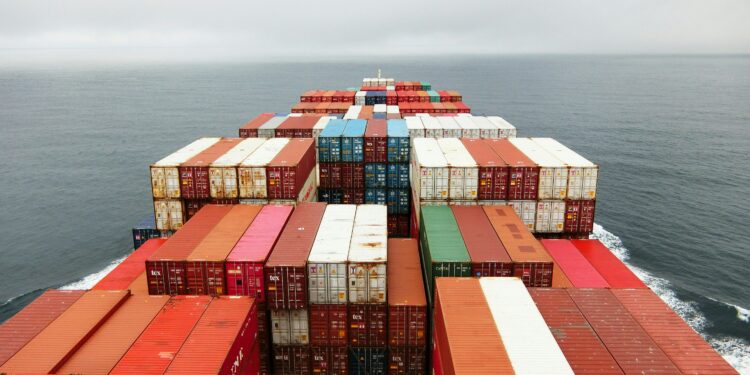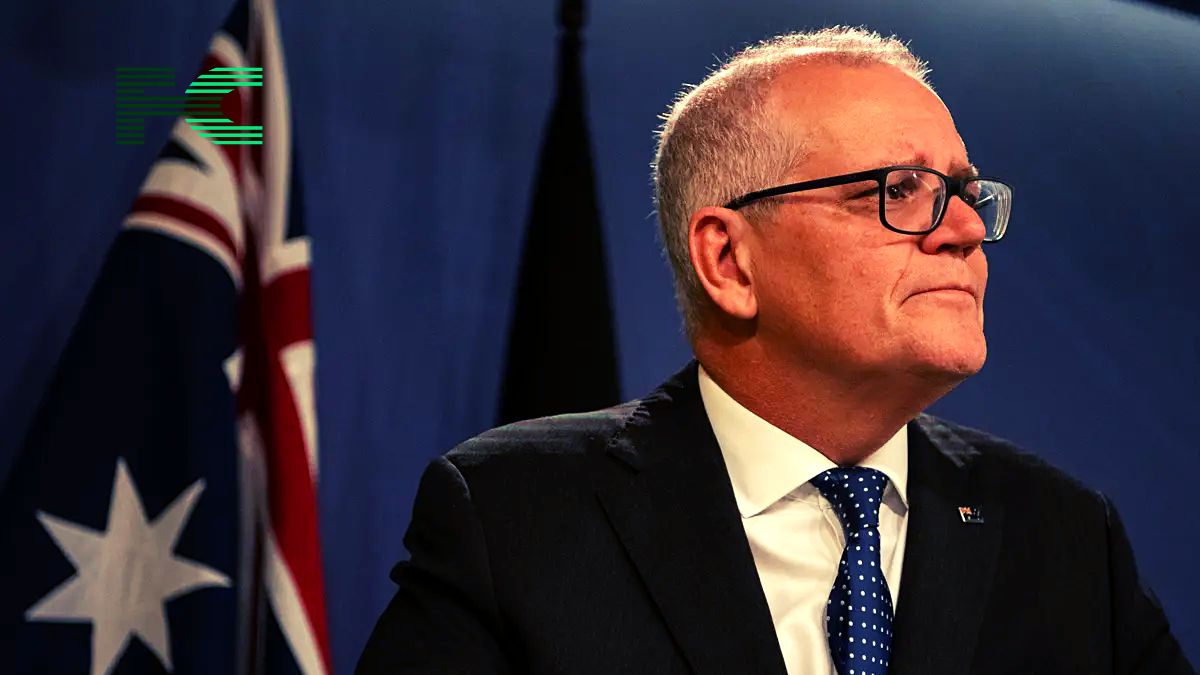There has been a recent exchange of reciprocal port fees between Washington and Beijing and critics have said that it is a calculated, aggressive move to weaponise the very infrastructure of global shipping and supply chains.
While politicians frame these levies as protective measures, they are, in reality, a form of economic self-sabotage that will inevitably disrupt global trade and raise costs for consumers worldwide. The true fight isn’t over tariffs on goods, but over who controls the arteries of international commerce.
Why the New Maritime Taxes are a Dangerous Game
The decision by the US to impose fees on Chinese-linked vessels, and Beijing’s swift, symmetrical retaliation (charging up to $56 per net tonne on US-linked ships at Chinese ports) signals a dangerous shift in the geopolitical conflict.

Freight analyst Claire Chong’s stark estimate that some dry bulk carriers could pay up to $3 million in port fees today, skyrocketing to over $10 million by 2028, underscores the severity of this new “maritime taxation spiral.”
This economic warfare is asymmetric and strategically targeted. China’s exemption for its own Chinese-built ships, which account for a massive share of the global dry bulk fleet, reveals the measure for what it is: a blunt instrument of industrial policy designed to penalise competitors and bolster its domestic shipbuilding sector.
This is a direct assault on the principles of free and fair trade, using maritime regulations as a non-tariff barrier. The tariffs on imported timber, kitchen cabinets, and furniture, alongside the threat of a 100% tariff on China, only compound the instability, making a mockery of the earlier, fragile US-China tariff truce agreed upon in May.
The door to dialogue may be “open,” as the Chinese commerce ministry claims, but the new fees and sanctions, including on South Korean shipbuilder Hanwha Ocean’s US subsidiaries, are slamming it shut.
Why It Matters
The current path promises only higher shipping costs, increased supply chain vulnerability, and greater economic uncertainty—a severe “uncertainty tax” on global commerce. While the upcoming Trump-Xi meeting in South Korea offers a sliver of hope, meaningful de-escalation requires a complete overhaul of the current confrontational strategy of both countries.

















